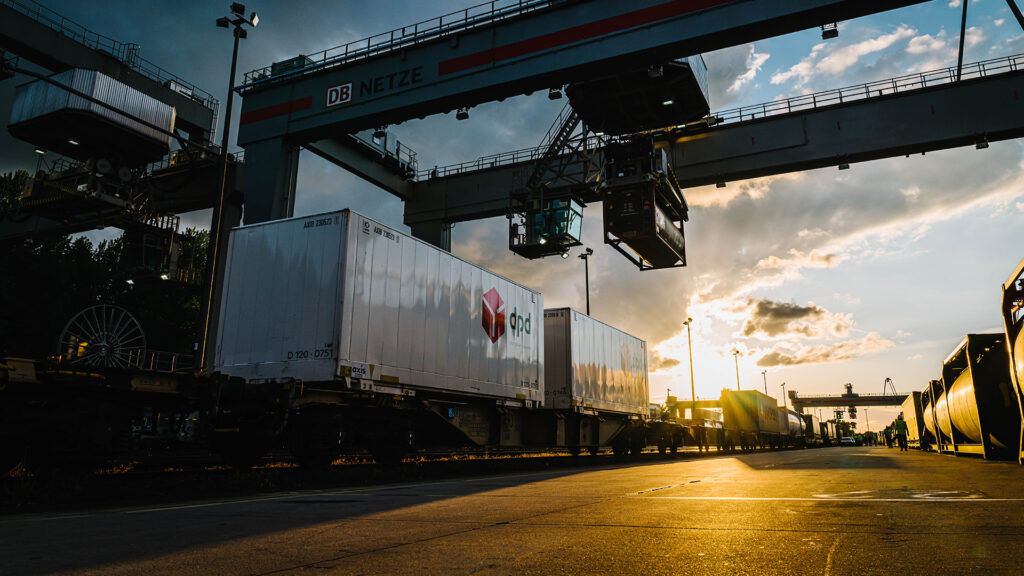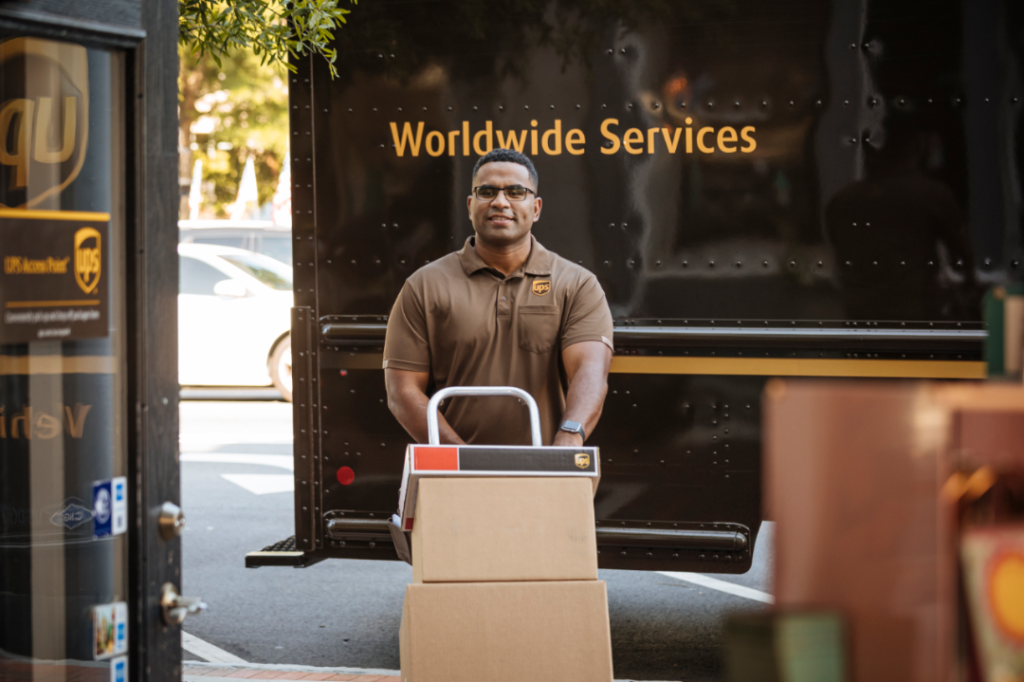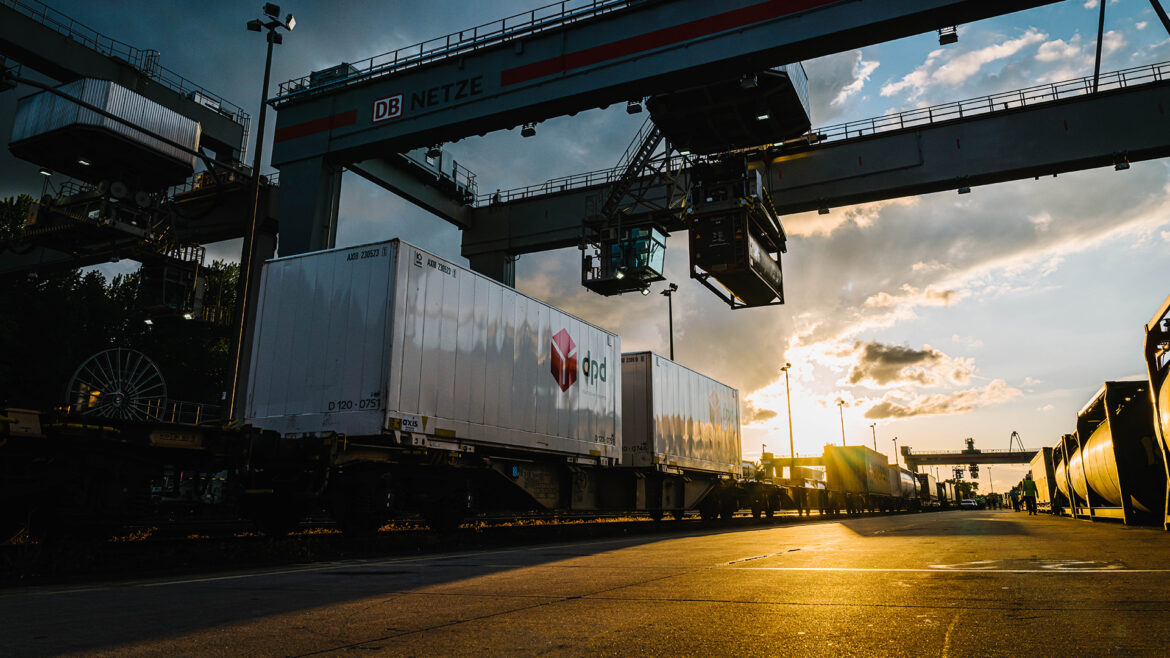A survey on rail freight transport with German CEP services
Almost 49 million people* in Germany shop online every year. Clothing, shoes, accessories and sporting goods in particular are ordered – and shipped. That’s over 15 million parcels a day** that are delivered by parcel service. And the trend is rising. A truly mammoth task that the courier, express and parcel services (CEP) have to tackle here.
Most of this is still done by lorry. But if Germany wants to achieve its climate targets by 2040, a rethink and a modal shift to rail is needed here too. DB Cargo and Kombiverkehr KG have therefore conducted a survey of CEP customers and asked them what they see as the biggest advantages and challenges of transporting their consignments by rail. Three of the largest German parcel services took part: DHL, DPD and UPS.

Counteracting the driver shortage
There was one statement on which everyone agreed: the railways are a more consistent way of achieving their own and national climate targets than lorries. The services surveyed primarily saw advantages here in the avoidance of CO2, lower energy consumption and less traffic on the road.
But another aspect was also mentioned by all CEPs: the existing shortage of skilled labour. According to the BGL, there is currently a shortage of 80,000 to 100,000 professional drivers in Germany.*** Switching to rail would effectively counteract this shortage, as one goods train can replace up to 52 lorries.
Other advantages mentioned were the cost savings, such as toll costs, the use of existing resources from another mode of transport, the bundling of synergies and the predictable traffic flows by rail.

(Image source: UPS)
A reliable logistics partner
The parcel service providers were also asked which aspects are most important to them when working with DB Cargo and Kombiverkehr KG. Reliability came first, closely followed by climate friendliness. The customised design of transport concepts also plays a role, as does the expert advice provided by the sales team.
Logistics space and accessibility in the foreground
The final question focussed on the companies’ location planning. DB Cargo and Kombiverkehr were keen to find out whether the parcel services planned to base their future locations on their proximity to CT terminals in order to have a direct connection to climate-friendly rail transport.
The answers to this question varied. Although the sustainability aspect plays a major role in location planning for the majority of CEP services, they tend to see opportunities in the equipment of the locations: for example, in the energy efficiency of the buildings and in plant transport. The availability and cost-effectiveness of logistics space and accessibility by road are also key factors when choosing a location. As far as the proximity of their locations to a combined transport terminal is concerned, most respondents have the opposite perspective: ideally, the development of CT terminals in future will be geared more towards their proximity to large freight transport centres.
You are interested in our climate-friendly transport solutions? Your contact: Frank Werner, Head of Logistics Concepts, Phone +49 69/79505-212 or fwerner@kombiverkehr.de
Sources: https://www.destatis.de/DE/Presse/Pressemitteilungen/2021/12/PD21_578_63.html
** https://www.biek.de/presse/meldung/kep-studie-2022.html
*** https://www.timocom.de/blog/personalmangel-bei-lkw-fahrern-231732


Comments are closed.